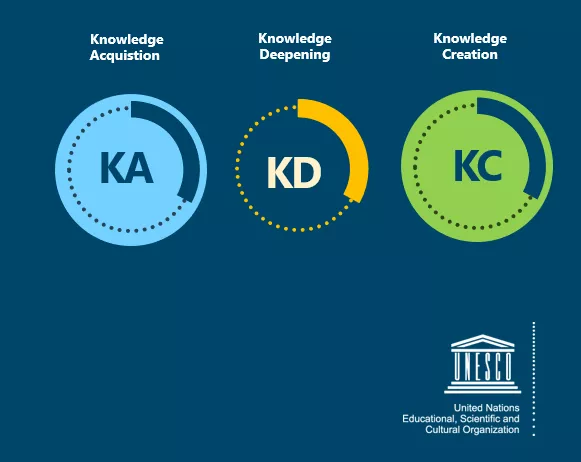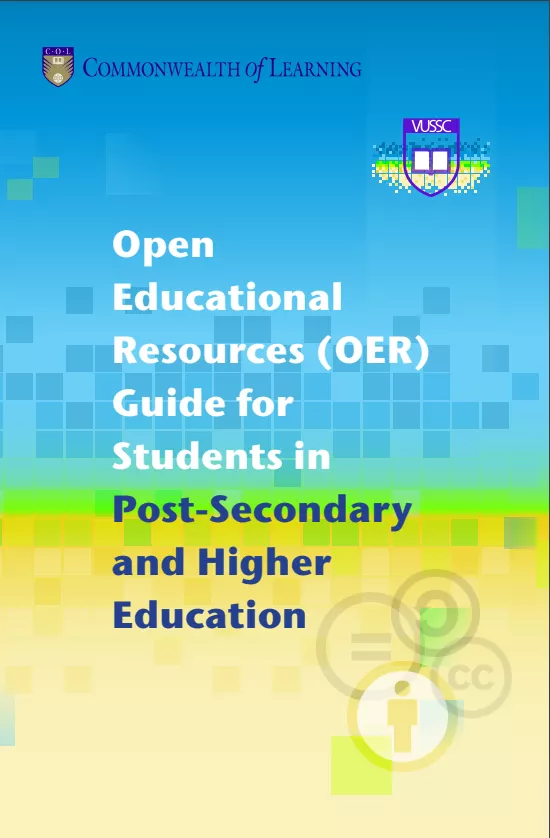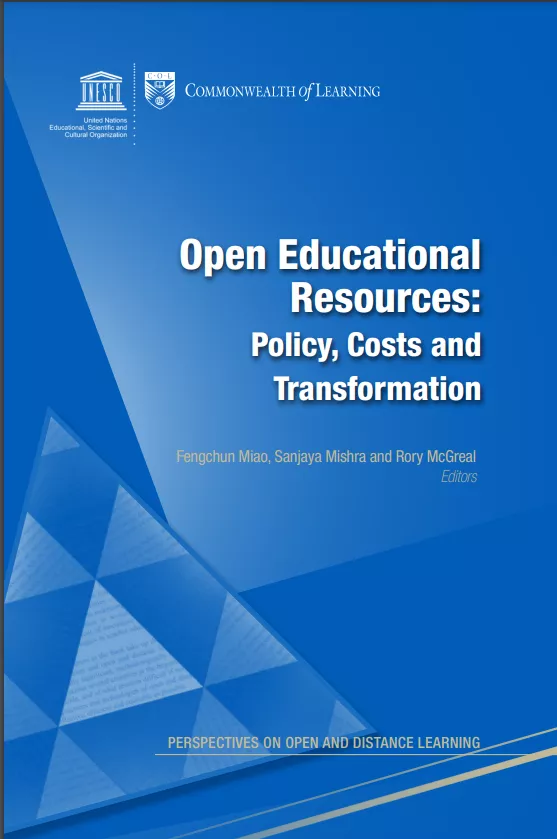



For the first time in the history of the South African Qualifications Authority (SAQA) Bulletins, the writing of papers and the production phases of the Bulletin materialised within the context of a global pandemic. The Fourth Industrial Revolution (4IR) has become a topical area of discussion and engagement across various sectors, including education and training, and developments have gained momentum under Covid-19.

How do we get teachers to integrate ICT effectively into teaching and learning, and into their other administrative duties? This presentation explores how to use the UNESCO ICT Competency Framework for Teachers (CFT) and the OER Commons repository of aligned OER to build teacher professional development courses.

This guide provides an introduction to Open Educational Resources (OER) for students in post-secondary and higher education. It is aimed at helping you, as students, to explore the value of good quality OER, and provides an introduction on how to find and use OER. It intends to serve primarily as a source of reference for students in the Small States of the Commonwealth, but we hope it will be useful to students from any country.

This chapter considers both the role that Open Educational Resources (OER) can play in supporting school-level pedagogical transformation, and the policy approaches to initiate transformation in public school systems. Focusing on the context of Antigua & Barbuda, the chapter recognises that, for change to be effective, it needs to be driven at the systemic level, as this ultimately directs most public school systems’ operations.